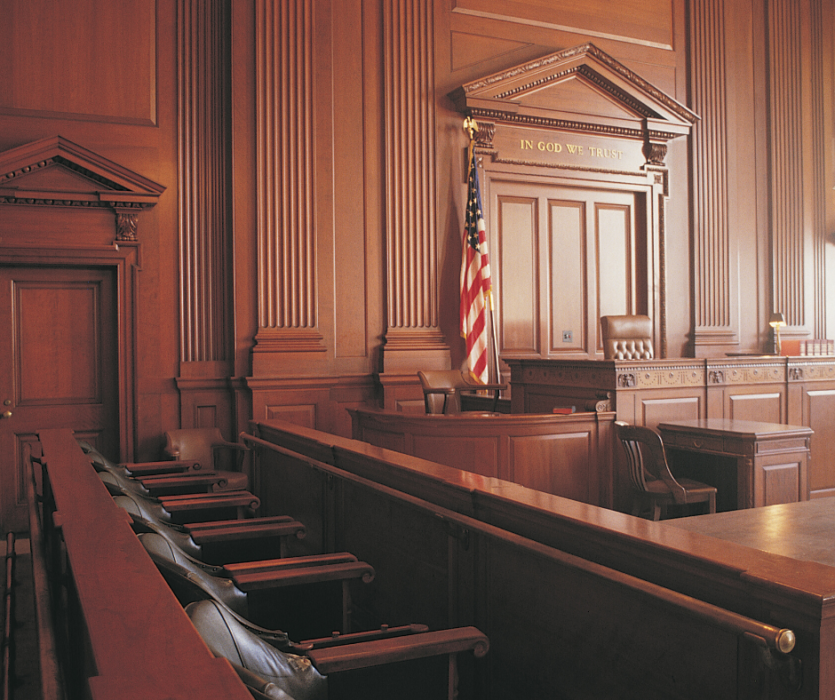
Senate Republicans expressed their distaste for Gov. Gretchen Whitmer’s bonding plan Wednesday by moving a pair of measures designed to provide some “guardrails” on borrowing money for roads.
On a party-line 12-6 vote, the Senate Appropriations Committee moved legislation that prohibits the State Transportation Commission from issuing bonds more than $100 million in any fiscal year without giving the Legislature 30 days to cast an up-or-down vote.
Sen. Roger Victory’s (R-Hudsonville) SB 716 comes after Whitmer’s State Transportation Commission approved $3.5 billion in bonding spread over the next three-and-a-half years. Victory said repaying these bonds over the next 25-30 years will be problematic as electric cars become the standard and fewer drivers purchase the gasoline that provides the taxes for bond repayment.
He also called this a balance of power issue.
“The commission can currently issue bonds with no legislative input — regardless of how much debt they are passing on to future generations of Michigan families,” Victory said. “This reform is about establishing some checks and balances when it comes to how we prioritize the use of taxpayer dollars.”
The Senate Appropriations Committee also passed a resolution, SCR 22, that it’s the Legislature’s intent not to authorize spending for debt service payments for bonds longer than 10 years and future debt service spending shouldn’t rise above the $118 million authorized in Fiscal Year (FY) 2020.
According to the House Fiscal Agency, the debt service against the State Transportation Fund for previous transportation projects goes down to $114 million in FY ’21 and FY ’22, $75 million in FY ’23 and $19.5 million in FY ’24.
Prior to the vote, the Committee heard from former Lt. Gov. Brian Calley, the current president of the Small Business Association of Michigan (SBAM), on how future legislators will need to set aside money they’d otherwise use to fix roads to pay off this debt. Sen. Aric Nesbitt (R-Lawton) referred to it as a “three-year sugar high” that will take 25 years to pay off. Borrowing now will mean $3.5 billion now, but taxpayers will pay $5.125 billion in payments over the next 25 years, Calley said.
“Small business owners are practical people and understand that you can’t dig yourself out of a deficit with more money,” Calley said.
Sen. Curtis Hertel Jr. (D-East Lansing) looked at the issue a different way. If roads aren’t fixed today with borrowed money, how much more will they cost years from now to completely replace them?
Like it or not, Gov. Gretchen Whitmer put a 45-cent-gas-tax increase on the table as a long-term road funding solution. Republicans never came back with a real public counterproposal, Hertel said.
“When they put an alternative on the table, I will consider this a serious discussion. Until then, I’ll be on the side of solving the problem waiting for partners from the other side,” Hertel said.
Calley made the point that he had tried to broker a road funding solution behind the scenes during last summer’s discussions with legislative leaders and the Governor, but “irreconcilable differences” killed the talks.
The big difference was the House insisting that any road funding solution come with putting all taxes collected at the pumps into roads and the House Republicans not coming up with new revenue to fill the estimated $800-$900 million General Fund/School Aid Fund hole this shift would create.